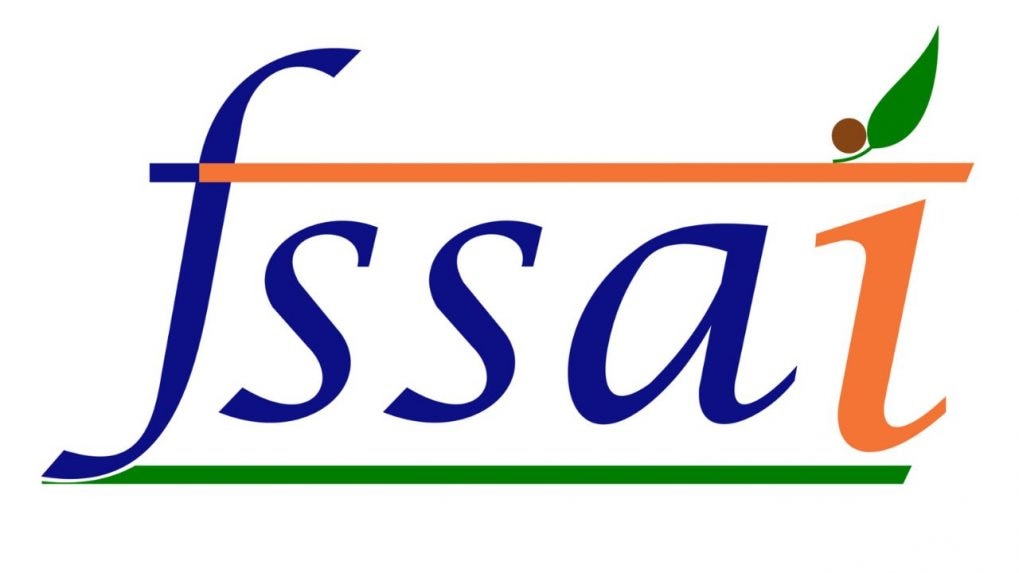FSSAI cracks down on harmful artificial ripening practices across India
In its recent advisory, the food safety body has reiterated ban on calcium carbide, and urged states to enforce use of approved ethylene-based ripening methods.
ADVERTISEMENT
The Food Safety and Standards Authority of India (FSSAI) has issued a fresh advisory warning against the use of harmful chemicals for artificially ripening fruits—a practice still prevalent despite longstanding bans. In its latest advisory, dated May 16, 2025, the apex food regulator reiterated that the use of calcium carbide and acetylene gas for ripening is strictly prohibited, citing serious health risks such as respiratory, neurological, and gastrointestinal issues.
Instead, the FSSAI has reaffirmed that only ethylene gas—at concentrations not exceeding 100 ppm—is permitted for artificial ripening, as it mimics the natural process and is considered safe when used under controlled conditions.
"It is to mention that ensuring of food safety and quality is a collective responsibility shared by all stakeholders across the food supply chain-including regulators, food business operators and consumers.
In an attempt to accelerate the ripening process and meet growing consumer demand, there is a heightened risk that some Food Business Operators (FBOs) may resort to using unauthorized or prohibited chemical agents such as Calcium Carbide/ Acetylene gas etc., for artificial ripening-an illegal and unsafe practice.
It has been observed that calcium carbide, commonly referred to as "masala," is still being used by some FBOs for the artificial ripening of fruits such as mangoes, bananas, and papayas due to its low cost and maintenance," it said.
However, its use as a ripening agent is prohibited under Regulation 2.3.5 of the Food Safety and Standards (Prohibition and Restrictions on Sales) Regulations, 2011. The use of calcium carbide for ripening poses serious health hazards to consumers as it can cause mouth ulcers, gastric irritation and even cancer due to its carcinogenic properties.
The regulator has directed food safety commissioners in all states and Union Territories to ramp up surveillance and enforcement, especially at wholesale markets, mandis, and cold storage facilities. Officials have been asked to ensure that fruits sold to consumers are ripened using only FSSAI-approved methods.
This move comes ahead of the peak fruit season, when demand for artificially ripened mangoes, bananas, and papayas typically surges. The FSSAI emphasized that violators would face strict action under the Food Safety and Standards Act, 2006.


